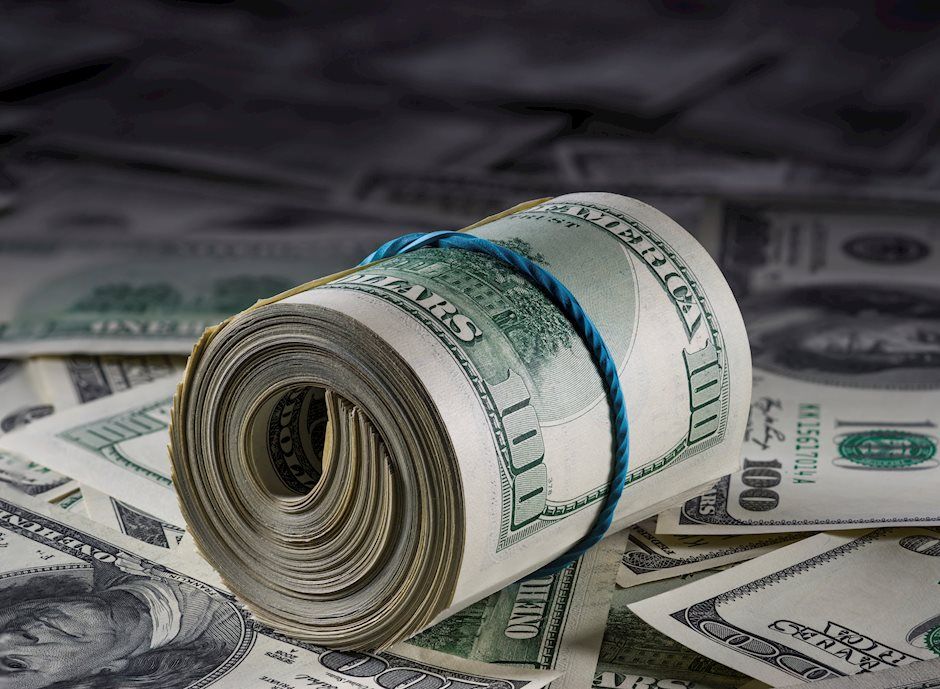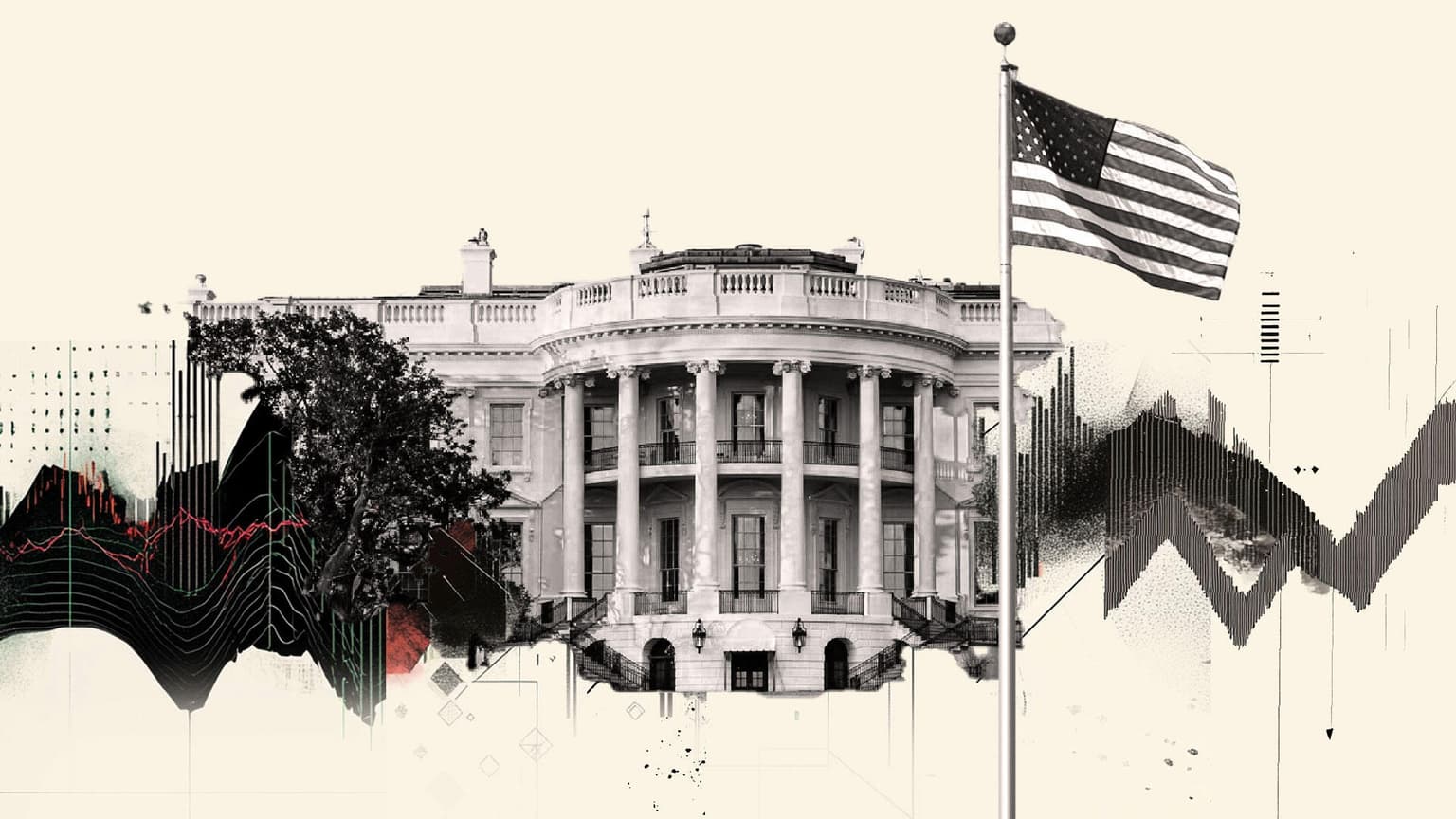US yields and the Dollar remain vulnerable in the current circumstances

Markets
Core bond yields grinded higher yesterday in a news-poor trading session. With the move both US and German yields recouped most of Tuesday’s intraday losses. Net daily changes varied between +2 bps (2-yr) and +5.6 bps (10-yr, 30- yr) in the US and +1.3 bps (30-yr) and +3 bps (5-yr) in Germany. China’s equity boost to the broader equity markets fizzled. The EuroStoxx50 shed about 0.5%, major indices in the US were flat to down 0.7% (DJI). Currency markets were the playground of technical traders. The dollar started weak with the trade-weighted index testing the September lows around 100.2 and EUR/USD attacking the 1.1202 resistance level. But the greenback prevented a break lower and some return action kicked in instead. DXY eventually closed just south of 101 and EUR/USD slid back to 1.1133. JPY weakness helped USD/JPY to close at the highest level in three weeks (144.75).
It’s as if the Chinese were reading along. Some quotes coming from the Politburo during its monthly huddle jolted a dull Asian session in its final trading hours. Chinese authorities promise to implement “forceful” interest rate cuts and said they’ll ensure the necessary fiscal spending. The latter is seen as a critical complementary element to the string of monetary measures announced this Monday aimed to jumpstart the economy. The growing sense of urgency is underscored by the fact that the Politburo discussed the economic situation at the September meeting, whereas this is usually done only in April, July and December. The Chinese CSI300 stock index promptly extended gains to 3%. USD/CNY (7.018) holds on to previous gains. We expect to see some positive fall-out on European markets. Bourse futures suggested a solid green open. For most of the day, though, it’ll be waiting on a speech by Fed chair Powell with second tier US data (jobless claims, durables) offering some minor distraction in the run-up. Powell appears at the annual US Treasury Market Conference and is scheduled to speak along with another heavyweight, NY Fed’s Williams. Powell’s remarks are pre-recorded and there’s no Q&A but any reference to monetary policy may still affect trigger-happy (money) markets looking to add to easing bets. A 50 bps November cut is priced in for 60%. (Front-end) US yields and the dollar remain vulnerable in the current circumstances.
News and views
The Czech National Bank (CNB) yesterday as expected further reduced its policy ate by 25 bps to 4.25%. The decision was approved by 6 members. One MPC member voted for a 50 bps step. In its communication, the board left the door open to (gradual) further easing. This process is supported by slower growth and slow wage rises, a stronger koruna and above all by increased easing expectations by the major central banks. Still, CNB communication maintained some leaning against the wind elements and stresses that it is necessary to persist with tight monetary policy. It will carefully consider any further rate cuts as risks to inflation still might still resurface. In this respect, August inflation slightly surprised to the upside (2.2%), partly due to higher food prices but also due to services inflation. Ongoing high inflation expectations also are a source of caution. KBC expects the CNB to continue a path of gradual easing, reducing the policy rate 25 bps at each of the next meetings till (including) February 2025. The krona yesterday eased slightly to EUR/CZK 25.16, but this was mainly due to broader market sentiment. • In its semi-annual financial stability report, the reserve Bank of Australia (RBA) assessed that the pressures from high inflation and restrictive monetary policy continue to be felt across the economy, but the share of borrowers experiencing severe financial stress remains small. Business insolvencies have increased sharply over the past couple of years following the removal of pandemic-era support, though they are only slightly above pre-pandemic levels as a share of all businesses. The RBA expects rates will be cut in the period ahead, but for now maintains a wait-and-see approach on the start of its easing cycle. (Too fast) easing is seen as a risk: ‘’Domestic vulnerabilities could increase if households respond to any easing in financial conditions by taking on excessive debt.” Aside from domestic factors, the RBA mainly sees external/risk challenges to financial stability, including vulnerabilities from complexity and interconnectedness in a digitalised world, imbalances in China's financial sector and disorderly adjustments in global asset prices that can spill over to Australia's financial system.
Author

KBC Market Research Desk
KBC Bank
















